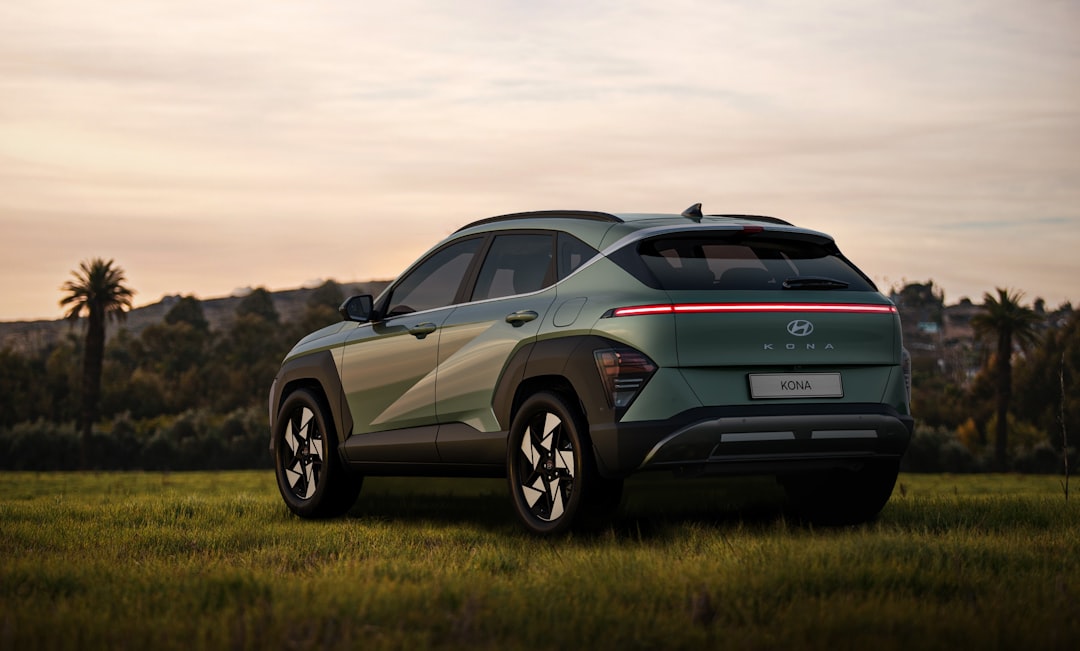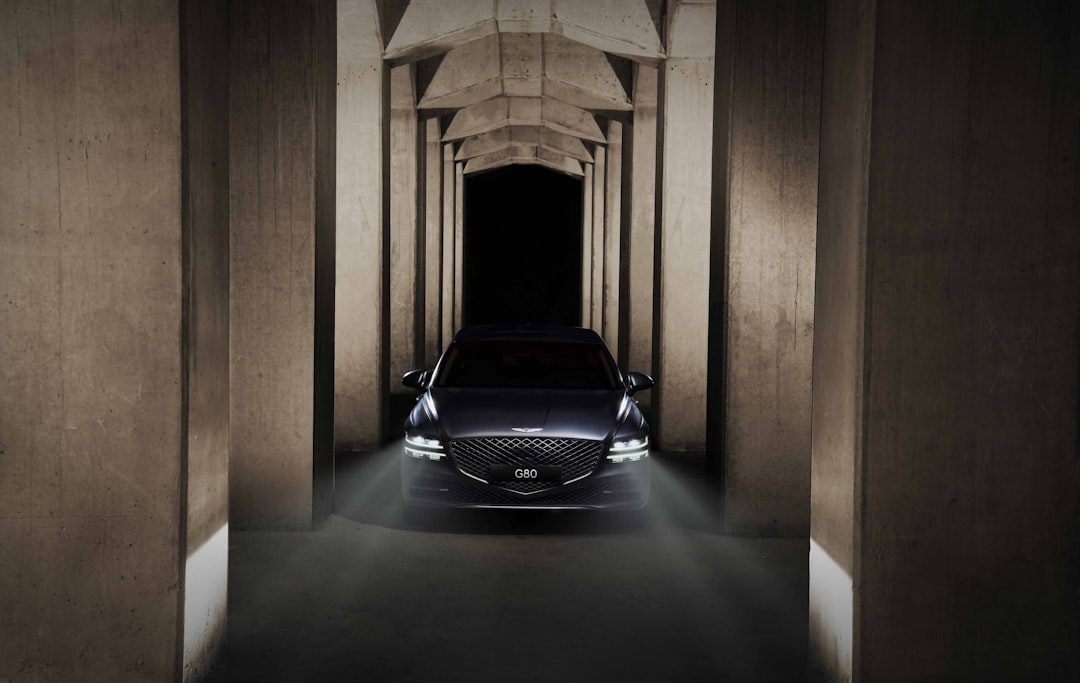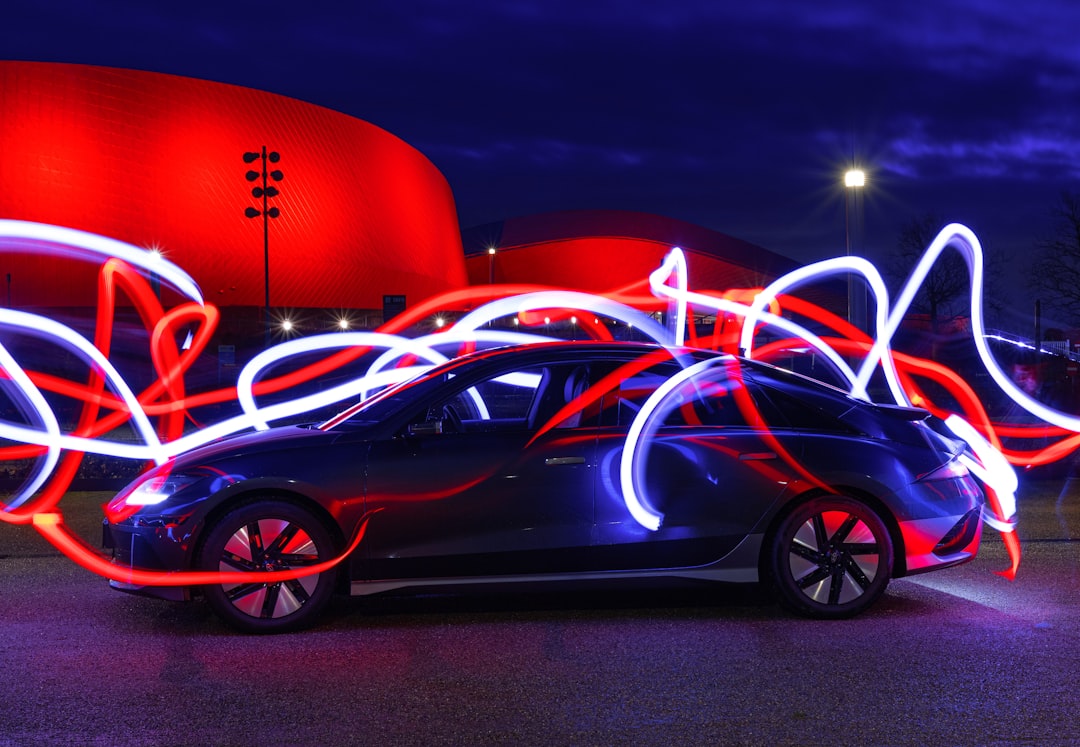The automotive industry is undergoing a transformative shift as consumers increasingly prioritize sustainability and efficiency. In this context, Hyundai stands out as a pioneer, leading the charge in fuel efficiency with its innovative strategies and advanced technologies. By focusing on eco-friendly solutions, Hyundai not only aims to enhance its vehicle performance but also addresses the growing concerns about environmental impact. This commitment to Hyundai fuel efficiency is a testament to the brand’s vision for a greener future, making it a key player in the modern automotive landscape.
Main Points
- Hyundai’s innovative technologies enhance fuel efficiency.
- The brand’s commitment to sustainability drives its vehicle designs.
- Hyundai’s strategic initiatives aim to reduce environmental impact.

Innovative Technologies Driving Hyundai’s Fuel Efficiency Revolution
Hyundai’s commitment to fuel efficiency is emblematic of modern automotive innovation. The brand employs various technologies to maximize performance. This includes advanced aerodynamics and weight reduction techniques. Moreover, Hyundai’s focus on hybrid systems enhances energy conservation. Key innovations include:
- Turbocharged engines: Provide more power with less fuel consumption.
- Electric powertrains: Reduce dependency on traditional fuels, promoting sustainability.
- Smart driving aids: Optimize fuel usage through intelligent navigation systems.
In conclusion, these innovations position Hyundai as a leader in enhancing fuel efficiency, driving the automotive industry towards a more sustainable future.

A Comparative Analysis: Hyundai’s Eco-Friendly Models vs. Industry Standards
Hyundai’s eco-friendly offerings stand out amidst rising environmental concerns. They prioritize fuel efficiency and aim to reduce carbon footprints effectively. In contrast, many competitors often lag, adhering to outdated practices. Notably, Hyundai’s innovative technologies position them as a leader in the realm of sustainability. This commitment fosters significant consumer trust.
Performance Metrics
| Model | Fuel Efficiency (MPGe) | CO2 Emissions (g/km) |
|---|---|---|
| Hyundai Ioniq 5 | 110 | 0 |
| Hyundai Kona Electric | 120 | 0 |
| Industry Average | 75 | 80 |
As demonstrated, Hyundai’s models achieve remarkable efficiency, reinforcing their dedication to eco-friendly practices. Their distinct approach sets the bar high within the automotive landscape, prompting competitors to take note and strive for similar advancements.
Conclusion
When considering the importance of fuel efficiency in modern vehicles, it’s clear that Hyundai stands out in this regard. Their commitment to developing advanced technologies allows drivers to enjoy not only lower fuel consumption but also a more sustainable driving experience. This focus on Hyundai fuel efficiency reflects a broader shift in the automotive industry towards eco-friendliness. As we look to the future, it’s crucial to recognize how these innovations can benefit both our wallets and the environment. Ultimately, embracing efficient fuel solutions is a step towards responsible driving and a healthier planet.
Frequently Asked Questions
What is the average fuel efficiency of Hyundai vehicles?
The average fuel efficiency of Hyundai vehicles varies by model, but many of their sedans and compact cars offer around 30 to 40 miles per gallon (MPG), depending on driving conditions.
How can I improve the fuel efficiency of my Hyundai?
You can improve your Hyundai’s fuel efficiency by maintaining proper tire pressure, performing regular maintenance, reducing excess weight, and practicing smooth driving habits such as gradual acceleration and braking.
Are hybrid or electric Hyundai models more fuel efficient?
Yes, hybrid and electric Hyundai models typically offer significantly better fuel efficiency compared to traditional gasoline-powered vehicles. For instance, the Hyundai Ioniq hybrid can achieve over 50 MPG, and electric models have no fuel consumption as they run on electricity.

